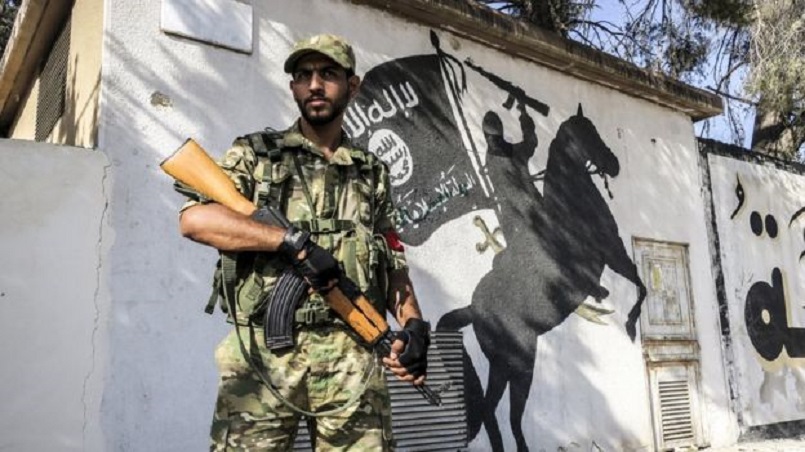
A cessation of hostilities has come into effect in Syria, although it is unclear how widely it will be observed.
The Syrian army says it is implementing the truce, which began at sunset, but rebel groups have been more guarded.
US Secretary of State John Kerry, who helped broker the deal, warned it could be the last chance for peace in a united Syria.
Humanitarian groups are hoping to make aid deliveries to the worst-hit areas, especially the war-torn city of Aleppo.
Mr Kerry, speaking at the state department in Washington, said early reports indicated "some reduction in violence".
But he said that it was too early to draw a definitive conclusion about how effective the truce would be.
Just after the ceasefire came into effect at sunset on Monday, the Syrian army announced a seven-day "freeze" on military operations.
The Syrian Observatory for Human Rights monitoring group reported that calm appeared to be prevailing on most front lines.
The deal was struck on Friday in Geneva after months of talks between Russia and the US. It also requires both sides to allow unhindered access for humanitarian aid to besieged areas.
If the truce holds for seven days, the US and Russia will carry out co-ordinated air strikes on militant groups.
The opposition Free Syrian Army group has said that while it will "co-operate positively" with the ceasefire, it was concerned it would benefit the government.
Another major rebel group, the hardline Islamist Ahrar al-Sham, initially rejected the deal but later appeared to have softened its stance.
Opposition sources quoted by Reuters said a forthcoming statement supporting the cessation "with harsh reservations" would be backed by "the largest groups", including Ahrar al-Sham.
Speaking earlier, President Bashar al-Assad welcomed the deal but said the Syrian state was still "determined to recover every area from the terrorists, and to rebuild".
The cessation of violence is due to be renewed every 48 hours.
